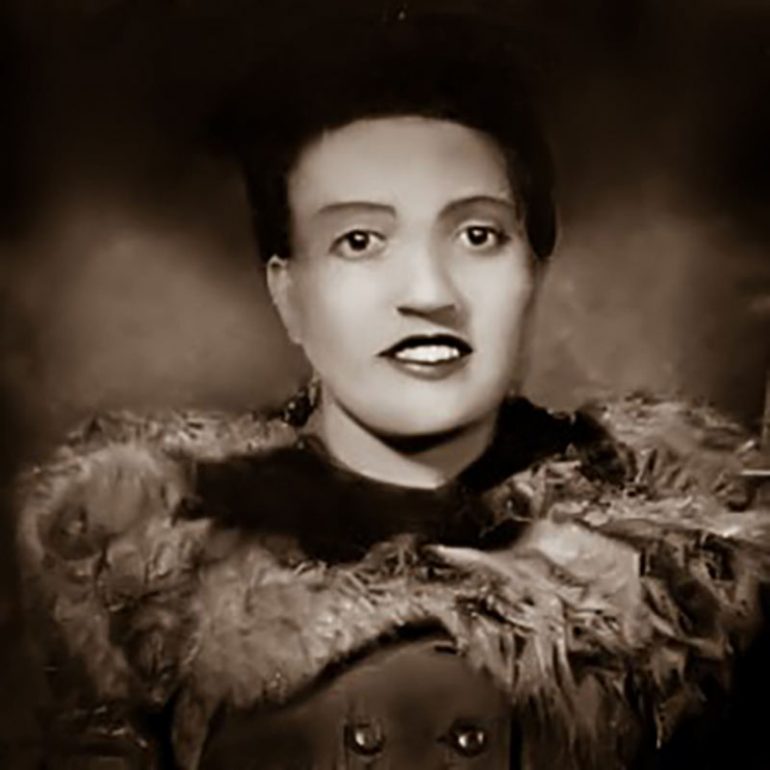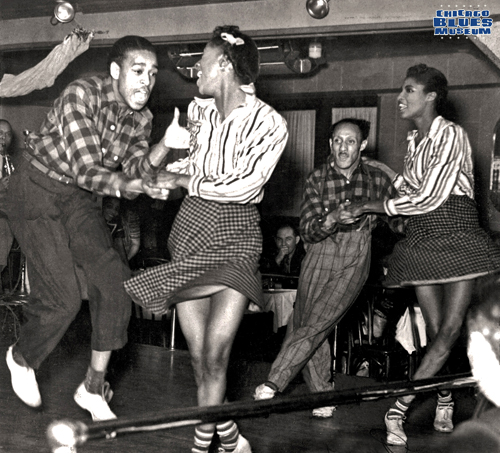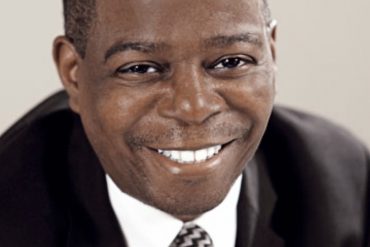Just when White America thought it was safe to come out its defensive crouch against charges of historic racism, here comes Oprah Winfrey starring in a film version of Rebecca Skloot’s book The Immortal Life of Henrietta Lacks.
Lacks was a poor southern Black woman who suffered from cervical cancer. Before she passed and without her knowledge her cells were extracted and scientifically cultured to become the first strain of human tissue to become, well, immortal.
Known as HeLa, the cells remain alive today, nearly seven decades after her death. During that time, according to Skloot, these same HeLa cells have been instrumental in the development by medical science of multimillion-dollar industries ranging from biological materials, to in vitro fertilization, to cloning, to gene mapping and even to the polio vaccine which by itself made its investors billions of dollars.
So here’s another example of what author Ta-Nehisi Coates has called “Black Injury,” an unspeakable injustice that ranks right up there with the Tuskegee “Bad Blood” experiment, wherein Black men were infected with syphilis.
John Hopkins Hospital in Baltimore compounded the original offense by subsequently using material drawn from Ms. Lacks’ husband and children in its HeLa research without their informed consent.
Today, many of Lacks’ descendants live in or near poverty, some without education, employment and, most ironically, healthcare.
Here’s a case of an uninformed Black family that was violated, with the violation resulting in huge scientific and business profits for the larger White society. Yet the descendants of this Black woman are without decent lives or life prospects.
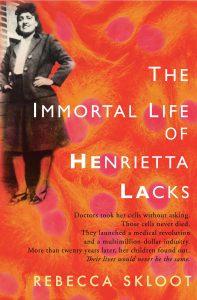 Two themes recur both in the book and the film:
Two themes recur both in the book and the film:
1. The Lacks family has justifiably distrusted White people seeking information, access and/or cooperation in pursuing the story of Henrietta and her immortal cells; and
2. There’s an expectation and determination by the family to benefit somehow from the profits made from Henrietta’s ill-gotten cells.
Speaking to point No. 2 above, The New York Times quotes Winfrey: “I get really upset when I hear people complain (namely some members of the Lacks family) that Rebecca or I or HBO haven’t done anything. When one of the sons started a Henrietta Lacks Healing Center, I did make a six-figure donation to it. And we offered them to be consultants on the film, but a small portion of the family didn’t want to be a part of it. So I don’t know what they wanted other than the $10 million they wrote me asking for.”
But what about Johns Hopkins Medical Center? Their spokesman recently stated: “Johns Hopkins part in the Mrs. Lacks story is complex and in several respects regrettable and yet it has helped us to deepen our understanding of informed consent.”
This is tantamount to saying it’s regrettable that Laquan McDonald got shot and killed, but the upside is that police reform is taking place in Chicago. Laquan McDonald is still dead!
Let Henrietta’s gift be immortal not the injustice of what happened to her and her family.
Make It Right
Johns Hopkins and others who profited from the HeLa cells would do well to look down Interstate 95 at an attempt at reparations developed by Georgetown University.
Recent scholarship unearthed the fact that, in 1838, the good Jesuits of Georgetown University sold some 272 African slaves to plantations in the Deep South. The sale netted in today’s dollars $3.3 million and supposedly saved the institution from going under.
In response to this discovery and to faculty and student reaction the university took the following steps:
1. Issued a formal apology.
2. Established a working group to consider how it should address this history.
3. Renamed two buildings previously named for the Jesuits involved in the sale, one for one of the sold slaves and the other for an educator of Black girls.
4. Launched research into the descendants of the sold slaves with the idea of engaging with them and soliciting their recommendations.
5. Announced preferential admission, with possible financial aid, for the slave descendants.
6. Created an institute for the study of slavery.
Taking a cue from the Hoya playbook, Johns Hopkins ought to convene a working group composed of Lacks family representatives; Merck Pharmaceutical (their Sigma Aldrich unit still sells millions of HeLa cells); Washington University of St. Louis, whose Ethics Professor Rebecca Dresser has weighed in fairly on the Lacks interests; Lawyers Committee for Civil Rights Under Law; the ACLU; and The National Institute of Health
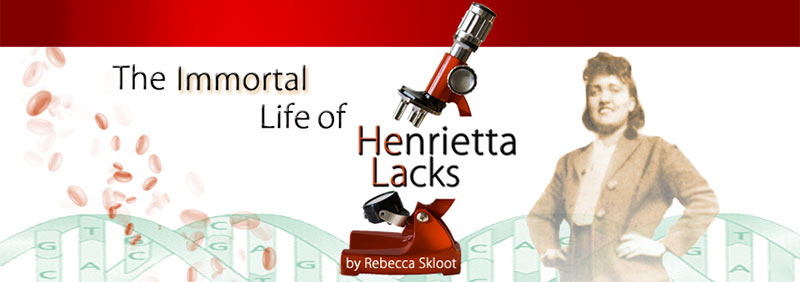
Some recommendations which Johns Hopkins should pursue, on behalf of the Lacks family might include:
1. Free medical care to Lacks descendants.
2. Employment counseling and preferential hiring by Johns Hopkins and other companies that have profited from Lacks sales.
3. Financial grants, accompanied by financial counseling provided by the likes of Amazon (another cell seller).
4. Scholarships for Lacks descendants to colleges and universities engaged in research associated with Henrietta’s cells.
5. An institute to determine what profits HeLa cells have generated, leading to an apportionment of same to Black charitable organizations selected by the Lacks family.
For those who fear that this may be an underhanded attempt at dreaded reparations – it’s not. It is a variation on the corrective action taken by Georgetown. In the absence of this, what?
Let Henrietta’s gift be immortal not the injustice of what happened to her and her family.
(Paul King is a Construction Consultant and member of Chicago’s Business
Leadership Council.)

